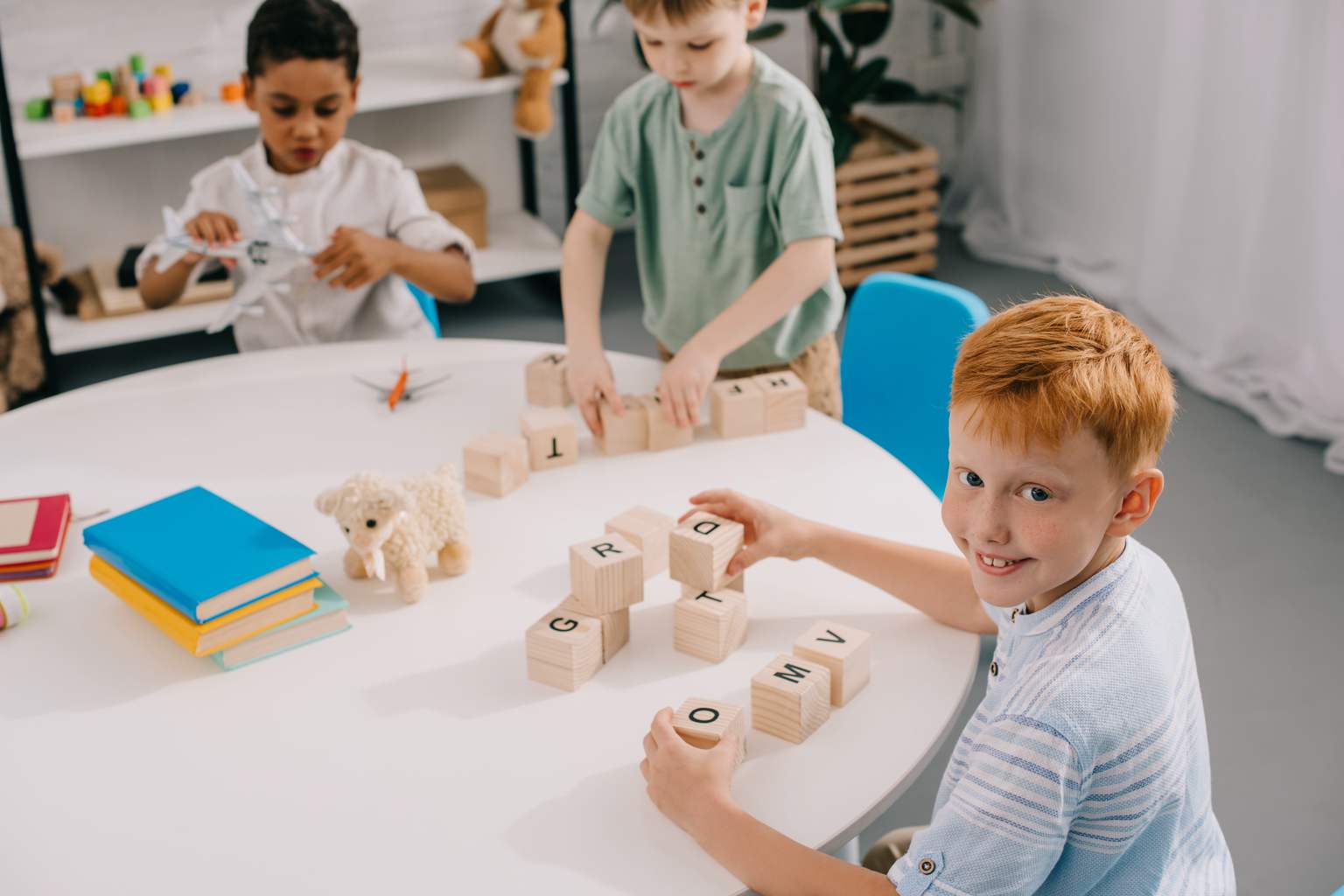The smartest kids aren’t always the ones buried in books—they’re often the ones lost in play. According to childhood experts, a special kind of game, one that’s unstructured and imaginative, holds the key to nurturing true intelligence. Beyond drills and flashcards, these playful moments fuel creativity, independence, and problem-solving skills that last a lifetime.
If you think about your own childhood, didn’t the best memories come from those spontaneous adventures—building forts from couch cushions, making up stories with friends, or exploring the backyard with nothing but your imagination? That sense of freedom is exactly what drives the cognitive growth today’s psychologists champion.
Why unstructured play is essential for childhood intelligence
Unstructured play means giving children the freedom to decide how, where, and what they want to play without rigid rules or specific goals. It’s less about winning and more about discovery. Dr. Laura Markham, a well-known child psychologist, passionately supports this kind of play because it encourages kids to take the lead in their own learning.
When kids play this way, they develop self-regulation, learning how to manage emotions and focus attention through natural experimentation. It’s in these moments of creative exploration where children refine their ability to solve problems independently. They also gain valuable social skills, such as negotiation and cooperation, by interacting freely with peers without adult interference.
For example, when children gather sticks and leaves to build a pretend house or collaborate on a make-believe story, they practice teamwork while sharpening their imaginative thinking. These skills become building blocks not just for school, but for life.
Practical tips to encourage unstructured play at home
Encouraging unstructured play doesn’t mean leaving kids to their own devices completely. It’s about creating an environment where their creativity can flourish naturally. Here are some easy ways parents and caregivers can set the stage:
First, provide simple, open-ended materials: a box of crayons, recycled household items, or some blocks can spark endless possibilities. Nature is also a powerful playground—letting kids roam a safe backyard or local park encourages new discoveries.
Resist the urge to control or direct the play. Instead, become an observer and supporter, ready to step in only when help is needed. This approach allows children to explore personal interests and solve problems at their own pace.
I remember when my niece transformed an ordinary bowl of water and a few spoons into an elaborate “science experiment” on her patio. She wasn’t following any instructions, but her curiosity and tinkering led to hours of learning about water flow, balance, and even teamwork with her friends. Those moments weren’t just fun—they were lessons in resilience and creativity.
How unstructured play shapes smarter, more adaptable kids
Why does unstructured play have such an impact on intelligence? It’s the perfect training ground for skills that formal education often overlooks: flexibility, innovation, emotional intelligence, and patience. These are the qualities that help children adapt in an ever-changing world.
Kids who regularly engage in this kind of play tend to become independent thinkers. They learn how to approach challenges from different angles rather than relying on step-by-step instructions. Teachers and parents often notice how these children perform better not just academically, but socially, too—they’re more confident, cooperative, and curious.
Have your children experienced this kind of play? What games or activities have unlocked their creativity? Share your stories and ideas in the comments below. The more we understand the value of unstructured play, the better we can help the next generation thrive in school and beyond.
Let’s celebrate the power of play—because sometimes, the smartest move is simply to let kids be kids. If you found these insights useful, don’t forget to share this article with friends and family who might be searching for fresh ways to boost their child’s growth.

You dont need to worry about pest on strawberries, 🍓 it is said wash with water thats it than eat your berries. Period